Securing Your Outlook Calendar: A Complete Information to Privateness
Associated Articles: Securing Your Outlook Calendar: A Complete Information to Privateness
Introduction
On this auspicious event, we’re delighted to delve into the intriguing matter associated to Securing Your Outlook Calendar: A Complete Information to Privateness. Let’s weave attention-grabbing data and provide recent views to the readers.
Desk of Content material
Securing Your Outlook Calendar: A Complete Information to Privateness
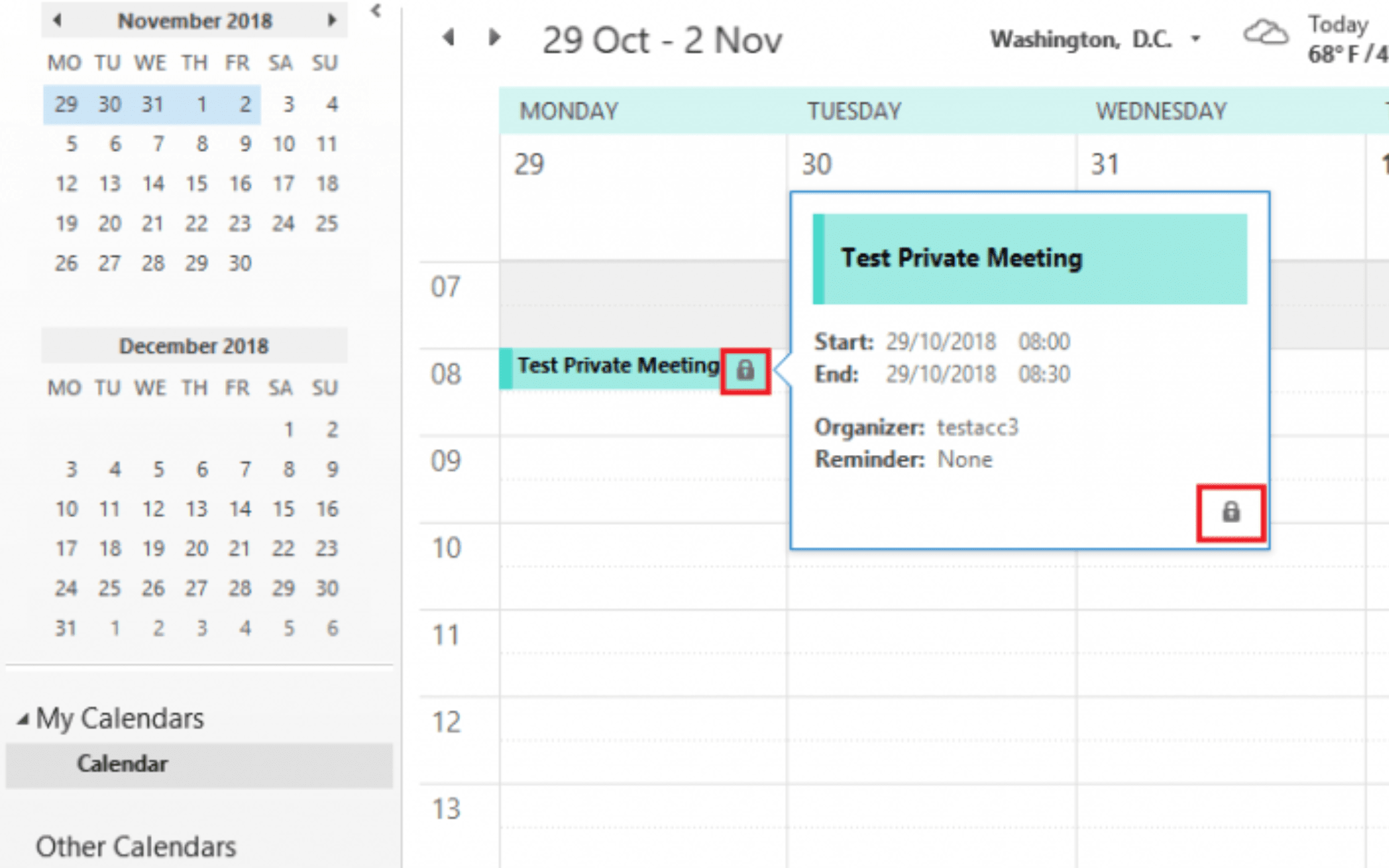
In at the moment’s interconnected world, managing your schedule by way of Outlook Calendar is a necessity for a lot of. Nonetheless, the comfort of digital calendars comes with a possible draw back: the visibility of your appointments and private data. Whereas Outlook affords options for sharing your calendar, it is equally essential to know how one can keep its privateness and management who sees what. This complete information will discover varied strategies to reinforce the privateness of your Outlook calendar, masking totally different eventualities and ranges of safety.
Understanding Outlook Calendar Permissions:
Earlier than delving into particular privateness settings, it is important to understand how permissions work in Outlook. Your calendar’s privateness is ruled by permission ranges you assign to others. These ranges dictate what data others can see:
- Free/Busy: That is probably the most fundamental degree. Others solely see should you’re busy, unavailable, or free throughout particular occasions. No particulars about appointments are revealed.
- Availability: Much like Free/Busy, however would possibly present barely extra data, comparable to whether or not you are working from residence or attending an exterior assembly. The specifics of the appointment stay hidden.
- Restricted Particulars: Permits others to see the topic of your appointments however not the particular time or location.
- Full Particulars: Grants full entry to your calendar, together with all appointment particulars, places, and attendees.
Strategies to Make Your Outlook Calendar Personal:
The strategy to securing your Outlook calendar relies on whether or not you are utilizing Outlook on the internet (OWA), a desktop utility, or a cell app. The core rules stay constant, however the actual steps could range barely.
1. Controlling Calendar Permissions in Outlook on the Internet (OWA):
-
Accessing Calendar Settings: Log into your Outlook account through an online browser. Navigate to your calendar and find the settings icon (normally a gear or cogwheel). Discover the "Calendar" settings inside the menu.
-
Managing Permissions: Inside the calendar settings, you will discover choices to handle sharing. This part permits you to add or take away customers and specify their permission ranges. For optimum privateness, make sure that nobody besides your self has "Full Particulars" entry. Setting everybody to "Free/Busy" or "Availability" is probably the most restrictive choice.
-
Creating Separate Calendars: For better management, create separate calendars for various features of your life. For instance, you might need a private calendar with non-public appointments and a piece calendar shared with colleagues. This lets you share solely the required data whereas protecting delicate particulars non-public. You may then handle permissions individually for every calendar.
-
Delegates and Sharing: For those who’ve granted delegate entry to somebody, fastidiously evaluate their permission ranges. Guarantee they solely have entry to the data they completely want. Keep in mind to revoke entry when it is not required.
2. Managing Calendar Privateness in Outlook Desktop Software:
The method is comparable within the Outlook desktop utility, though the precise menu places would possibly differ barely based mostly in your Outlook model.
-
Sharing Calendar: Proper-click in your calendar within the navigation pane and choose "Share". It will open a dialog field the place you’ll be able to add folks and specify their permission ranges. Select probably the most restrictive permission degree that also permits crucial collaboration.
-
Calendar Permissions: Inside the "Account Settings" or related menu, you’ll find extra granular management over calendar permissions. This lets you handle particular person permissions for particular customers or teams.
-
A number of Calendars: As with OWA, creating a number of calendars is a extremely efficient technique. This enables for compartmentalization of knowledge, enhancing your privateness considerably.
3. Securing Your Calendar on Cell Gadgets:
Cell apps (Outlook for iOS and Android) typically mirror the performance of the desktop and net variations.
-
Account Settings: Entry your account settings inside the cell app. You’ll normally discover choices to handle calendar permissions and sharing.
-
System Safety: Along with managing calendar permissions, guarantee your cell system is satisfactorily secured with a robust passcode or biometric authentication. This prevents unauthorized entry to your system and your calendar knowledge.
-
App Permissions: Assessment the permissions granted to the Outlook app in your system. Be certain that it solely has entry to the required functionalities.
4. Superior Privateness Strategies:
-
Two-Issue Authentication (2FA): Enabling 2FA provides an additional layer of safety to your complete Outlook account, together with your calendar. This makes it considerably tougher for unauthorized people to entry your data.
-
Sturdy Passwords: Use a robust, distinctive password to your Outlook account. Keep away from simply guessable passwords and think about using a password supervisor to generate and retailer advanced passwords securely.
-
Common Software program Updates: Hold your Outlook utility and working system up to date to learn from the newest safety patches and bug fixes.
-
Be Aware of Phishing: Be cautious of suspicious emails or hyperlinks that may try and steal your credentials. By no means click on on hyperlinks from unknown senders or enter your login particulars on unfamiliar web sites.
-
Recurrently Assessment Permissions: Periodically evaluate your calendar permissions to make sure that solely licensed people have entry. Take away entry for anybody who not wants it.
Addressing Particular Situations:
-
Sharing with Colleagues: For work-related calendars, you would possibly have to share some data with colleagues. Nonetheless, you’ll be able to nonetheless keep privateness through the use of the "Free/Busy" or "Availability" settings for much less crucial appointments. Solely share "Full Particulars" for appointments that require full transparency.
-
Sharing with Household: For private appointments, you would possibly need to share your calendar with members of the family. Use separate calendars for various ranges of sharing. As an example, a shared household calendar for appointments like physician visits and a private calendar for personal engagements.
-
Sharing with Exterior Events: Train excessive warning when sharing your calendar with exterior events. Solely share the minimal crucial data and all the time evaluate permissions fastidiously. Think about using a separate, devoted calendar for exterior sharing.
Conclusion:
Sustaining the privateness of your Outlook calendar requires a proactive strategy. By understanding the accessible permission ranges, leveraging a number of calendars, and implementing sturdy safety measures, you’ll be able to successfully management who sees your schedule and private data. Keep in mind that constant vigilance and common evaluate of your settings are essential for guaranteeing ongoing privateness and safety. By following these tips, you’ll be able to get pleasure from the advantages of a digital calendar with out compromising your private data.


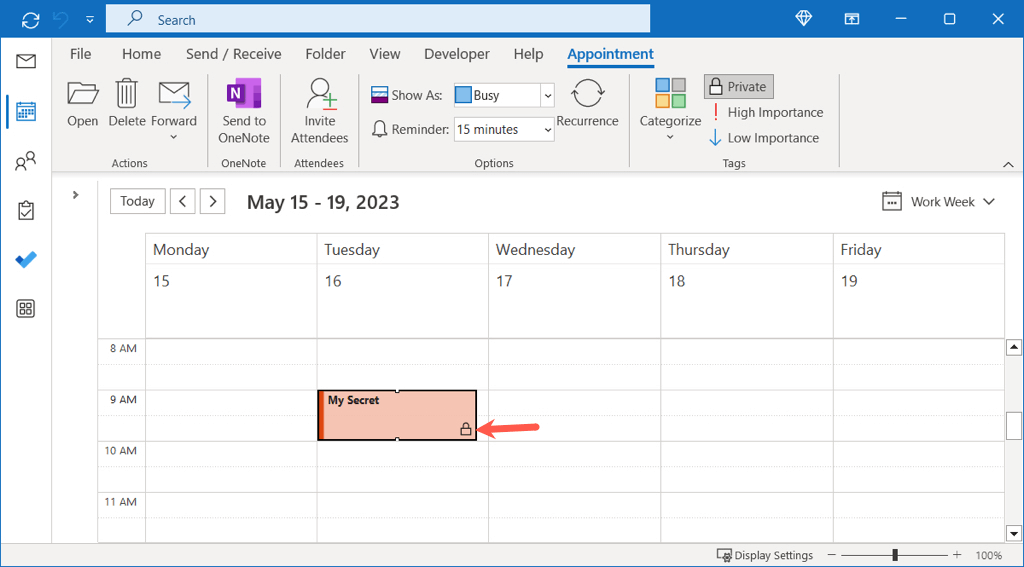
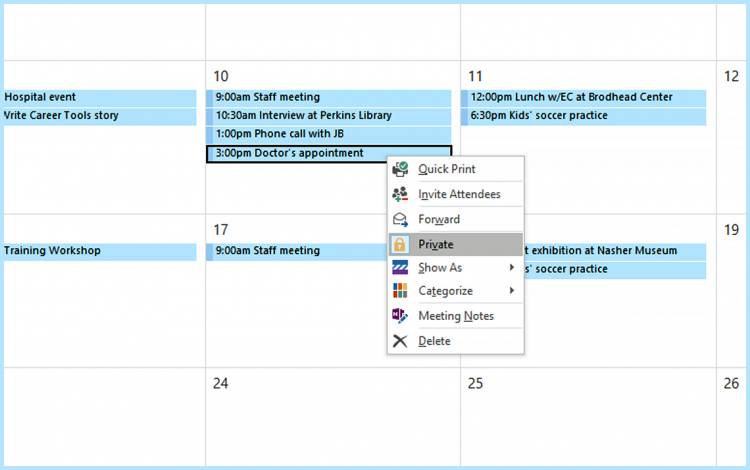
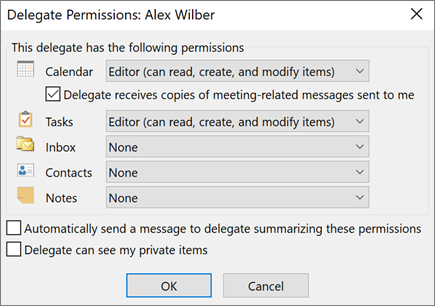

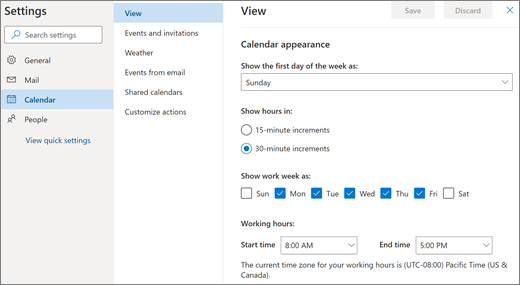

Closure
Thus, we hope this text has supplied worthwhile insights into Securing Your Outlook Calendar: A Complete Information to Privateness. We hope you discover this text informative and helpful. See you in our subsequent article!